Are Your Agency's Policies Up to Date?
- Ryan Dedmon

- Jul 15, 2024
- 3 min read
By
911 Training Institute
I was recently asked about my approach to the 3 P's (Policy, Procedure and Protocol.) I've had the same approach for a very long time and though I know it works well, it rubs a LOT of people the wrong way in 911...
"Everything we do should be written in such a way that a person off the street could understand it and perform it, should the need arise." Or something like that, the wording changes based on the day but that’s essentially what I always say. Depending on the situation, I think a person off the street should be able to read through a procedure manual and know what to do. Now being able to do it competently is a completely different thing!
My question to every agency I ever visit, in any capacity, is simple but I get a wide variety of answers!
People always scoff at that but the reality is that if any of us in public-safety get on the stand, it won't be in front of a judge and jury who know what we do or how we do it! And in the court of public opinion, perhaps the most dangerous court, the only defense we can have is to show how our actions lined up against established procedure... and often hope for the best. The worst thing for our public image is to get caught with our proverbial pants down because we didn’t have a policy in place for something that was likely to happen. In the business of 911, it’s not IF that weird thing will happen, but WHEN it happens, and the public doesn’t want to hear us say “we didn’t think it would ever happen.”
In almost any industry, policies get regular review and updates but for some reason we struggle with that in 911. The best agencies, especially those who have outside accreditation, engage in regular policy review. This ensures they are current with changing standards and allow for necessary changes to facilitate efficient call processing, but not everyone sees the value in spending time on that. My goal is to always play devil's advocate in a way that doesn't shame the agency, but shows them what could go wrong if they don't pivot in their approach (or lack thereof!) to regular policy updates. Tribal wisdom is awesome, but we can't cite that in a policy or rely on that officially if called upon; and with the ever-widening experience gap, we should be leaning more and more on having things written down more often than not.
This is one area in which outside accreditation is valuable in a rather quiet way. Almost every notable accreditation for PSAPs has some requirement that policies get reviewed on a regular basis, most often annually but not always. It’s easy to say “why can’t we just take a look at things once a year already?" Well, it’s a simple step but it’s not always that easy with staffing crises, technical issues, and the overall calamitous nature of 911. Simple best practices like this, when enforced as part of accreditation, are one of the most important best practices that an agency can have.
If you are reading this now and can't remember the last you looked at a certain policy (especially the odd ones!), take this as a reminder to give it a look and bring it up to date before a situation develops. Better to spend an hour or two on an update now, than a day or two on the witness stand later!
It takes so very little to keep our agencies safe, let's all do a better job of encouragement and accountability.





Comments